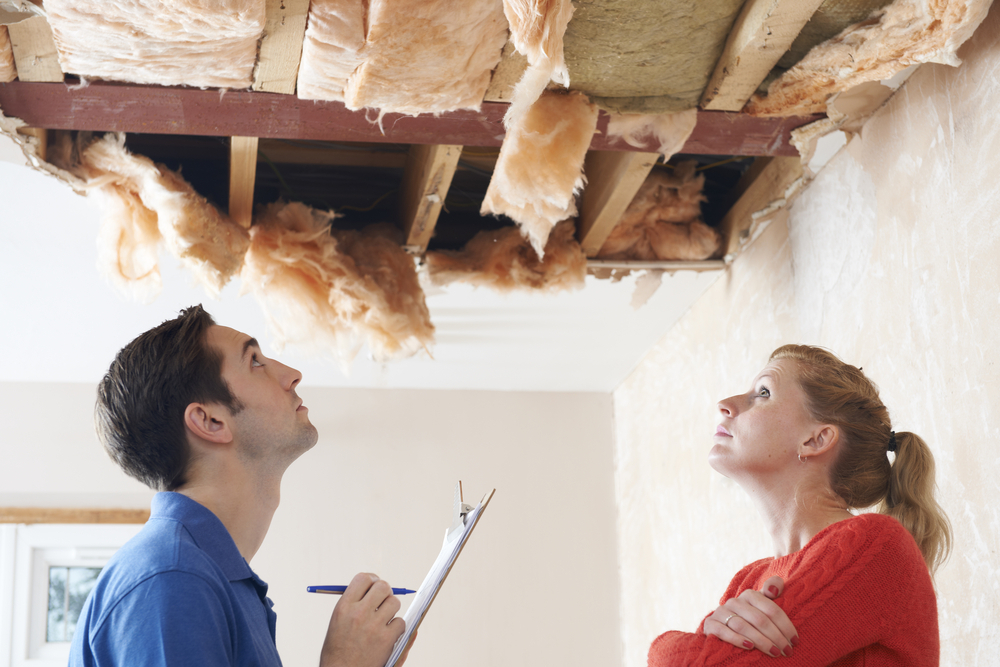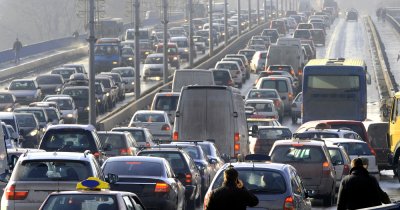Euronews.green writes that climate change-related events are causing change in the home market, devaluating homes in some situations and increasing insurance costs. In the US alone, real estate experts said that more than 40% of properties are at severe or extreme risk from climate change-related events.
The situation isn't better in Europe, as homeowners in countries like Greece or Spain are experiencing wildfires, coastal erosion or heavy rain, all of which have affected or are close to affect their homes.
If you're looking to buy your first home, be wary of drought-prone areas, as the lack of rain for long periods of time can result in soil shrinking, which in turn contributes to the instability of the soil. At the same time, watch out for homes located near forests or vegetation that have experienced heavy droughts recently, as that may be a good indicator of an upcoming wildfire.
Additionally, if a home is not insulated properly, you will feel the effects both on hot and cold weather.
If you plan to move to the seaside, maybe think twice and check how recent sea level rises have affected your specific area. In France and England, homeowners already dealt with the effects of melting ice in the oceans and were affected by thinks like floodings or ground destabilization.
Try to avoid homes located close to rivers and in flood plains, since heavy rainfall is a more often occurring event than ever before and these regions are very affected by it, alongside the houses built there. A flooded home is not a good sign, even if repairable, since structural damage can be a serious issue and mold is a no-go for long-term living.
Even if the house is built on a mount above the river, for example, you still might be at risk from landslides in case of heavy rainfall.
Areas where storms are frequent should also be looked at with special care, especially since large trees grew near the property, as these could fall on the house at some point, causing great damage.
If you're wondering what low air quality might do to your house, the answer is nothing. But it will affect you. Imagine living in a heavily-polluted area; your lungs won't be happy, even if your building will be intact. Long-term exposure to PM2.5 can have severe effects on one's health, so checking the air quality in your area in the past couple of months will be a good indicator of the pollution levels you can expect.
Alternatively, find if you have walking or cycling infrastructure near your upcoming house to get an idea about alternative transport methods and also check for easy access to public transport.
 Mihai - Cristian Ioniță
Mihai - Cristian Ioniță












Any thoughts?